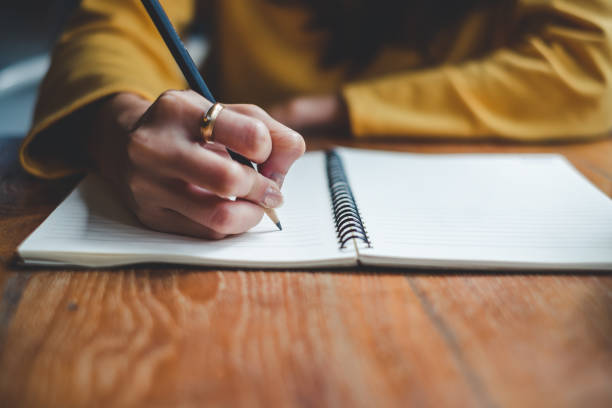Skills a writer needs to write an autobiography
الجسم
The broad genre of autobiography stands among the most robust categories of nonfiction writing. A biography written by its subject is known as an autobiography. As a firsthand account of the author’s own life, an autobiography offers an unmatched level of intimacy to essay writer free and readers of the wider biography genre. An autobiography is a non-fiction story of a person’s life, written by the subject themselves from their own point of view. Autobiographies are a subgenre of the broader category of biographies, but a standard biography is written by someone other than its subject—most commonly a historian—whereas an autobiography is written by the subject.
An autobiography is a non-fiction story of a person’s life, written by the subject themselves from their own point of professional essay writing service. Autobiographies are a subgenre of the broader category of biographies, but a standard biography is written by someone other than its subject—most commonly a historian—whereas an autobiography is written by the subject.
Autobiographies are popular among the general reading public.
An autobiography should include all the most important details of your life story. This does not mean it should contain every tiny sliver of minutiae; a self-aware autobiographer will take stock of certain moments in their own life that may be interesting to themselves but not to an audience of strangers.
Start by Brainstorming
The writing process begins by compiling any and all life experiences that you suspect might be compelling to a reader. As you sort through your own memories, be sure to cover all eras of your life—from childhood to high school, to your first job, to the episodes in your life you are most known for. Many of these episodes won’t make it into the final draft of your book, but for now, keep the process broad and open.
Craft an Outline
Begin to organize a narrative around the most compelling episodes from your brainstorm. If you pace your life’s important events throughout your book, you’ll be able to write my essay and grip your readers’ attention from beginning to end.
Do Your Research
Once you have the first draft of your outline, engage in some research to help you recall contextual information from the period you are writing about. Interview friends and family members to help you remember all the details from the moments you choose to recall in your autobiography. No one can remember the full history of their entire life—particularly their childhood—so prepare for paper writing service and do some cultural research as well.
Write Your First Draft
If you’ve come up with the key biographical moments around which you can anchor your life story, then you are ready to attempt the first draft. This draft may be overly long and scattershot, but professional writers know that even the tightest final drafts may be borne of a long-winded first draft.
Take a Break
When your first draft is complete, take a few days off. You’ll want to read your work with the freshest possible perspective; removing yourself from the process for a few days can aid this endeavor.
Proofread
After a brief layoff, begin proofreading. Yes, you should look for grammar mistakes, but more importantly, you should identify weak moments in the narrative and come up with constructive improvements. Think about what you’d look for when reading about another person’s life, and apply it to your own autobiography.
Write Your Next Draft
Write a second draft based on the notes you’ve given yourself. Then, when this second draft is complete, show it to trusted friends and, if you have one, a professional editor. Their outside eyes will give you a valuable perspective that you cannot possibly have on your own work.
Refine Your Writing
New drafts should be followed by new reads from new people. Throughout the process, you will refine your writing skills and your autobiographical know-how. Hopefully, you will end up producing a final draft that is leaps and bounds beyond what you produced in a first draft—but that still holds true to the most important elements of your dissertation writers and your personal truth.
Useful Resources:
Should I Get Help from a Free Essay Writer?











تعليقات